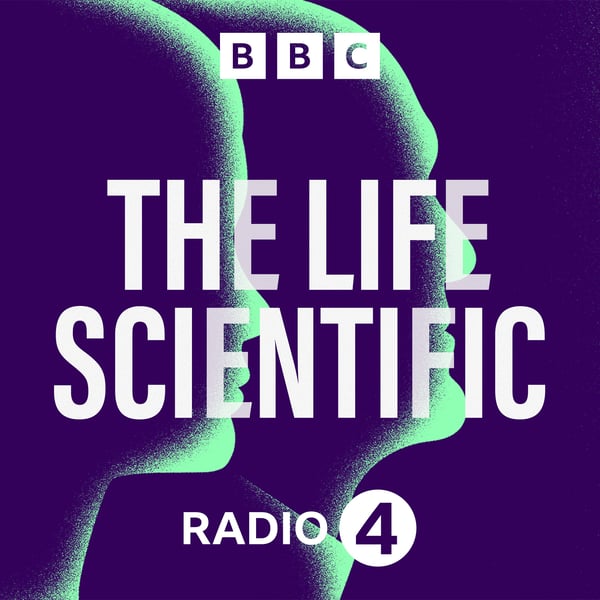Daniel Dennett on the evolution of the human brain
The Life Scientific
BBC
4.6 • 1.4K Ratings
🗓️ 4 April 2017
⏱️ 28 minutes
🧾️ Download transcript
Summary
Transcript
Click on a timestamp to play from that location
| 0:00.0 | This is to the BBC. |
| 0:04.0 | Hello and welcome to the podcast of the Life Scientific. |
| 0:07.0 | First broadcast on BBC Radio 4. |
| 0:10.0 | I'm Jim Alkulele and my mission is to interview the most fascinating and important scientists alive today |
| 0:17.0 | and to find out what makes them tick. |
| 0:20.0 | Daniel Denet is a rare species, a philosopher with an active interest in science. |
| 0:25.2 | His first paper was published in a scientific journal, and it was the first of many. |
| 0:29.8 | I would say he thinks like a philosopher, but that hasn't stopped him from making a serious |
| 0:34.4 | contribution to science. Perhaps it's helped. For a long time after all science was natural |
| 0:40.1 | philosophy. The Darwinian revolution Denet, was a philosophical as well as a scientific |
| 0:45.5 | revolution. |
| 0:46.5 | Neither one could have happened without the other, he says. |
| 0:49.8 | He became sucked into science through debates about artificial intelligence in the 1960s. |
| 0:54.3 | He went on to write many hugely popular books including consciousness explained and Darwin's |
| 0:58.8 | dangerous idea. |
| 1:00.5 | He has he says spent the last 50 years of his life trying to understand how the human mind with all its remarkable talents has evolved |
| 1:08.2 | In the next half hour down in it. I hope to track the evolution of your mind. Welcome to the life scientific. |
| 1:14.3 | Delighted to be here. Is it true that had you been born into a different family you |
| 1:19.3 | might have become an engineer? I think so my father was a historian and my mother was an English teacher. So we were a |
| 1:25.6 | humanities family and thinking of becoming an engineer was about as remote as |
| 1:31.1 | you know becoming a railroad engineer you know they had me. remote as |
| 1:33.0 | you know, you know, they had me pegged to become a humanities professor or something like that. |
... |
Transcript will be available on the free plan in -2919 days. Upgrade to see the full transcript now.
Disclaimer: The podcast and artwork embedded on this page are from BBC, and are the property of its owner and not affiliated with or endorsed by Tapesearch.
Generated transcripts are the property of BBC and are distributed freely under the Fair Use doctrine. Transcripts generated by Tapesearch are not guaranteed to be accurate.
Copyright © Tapesearch 2025.

